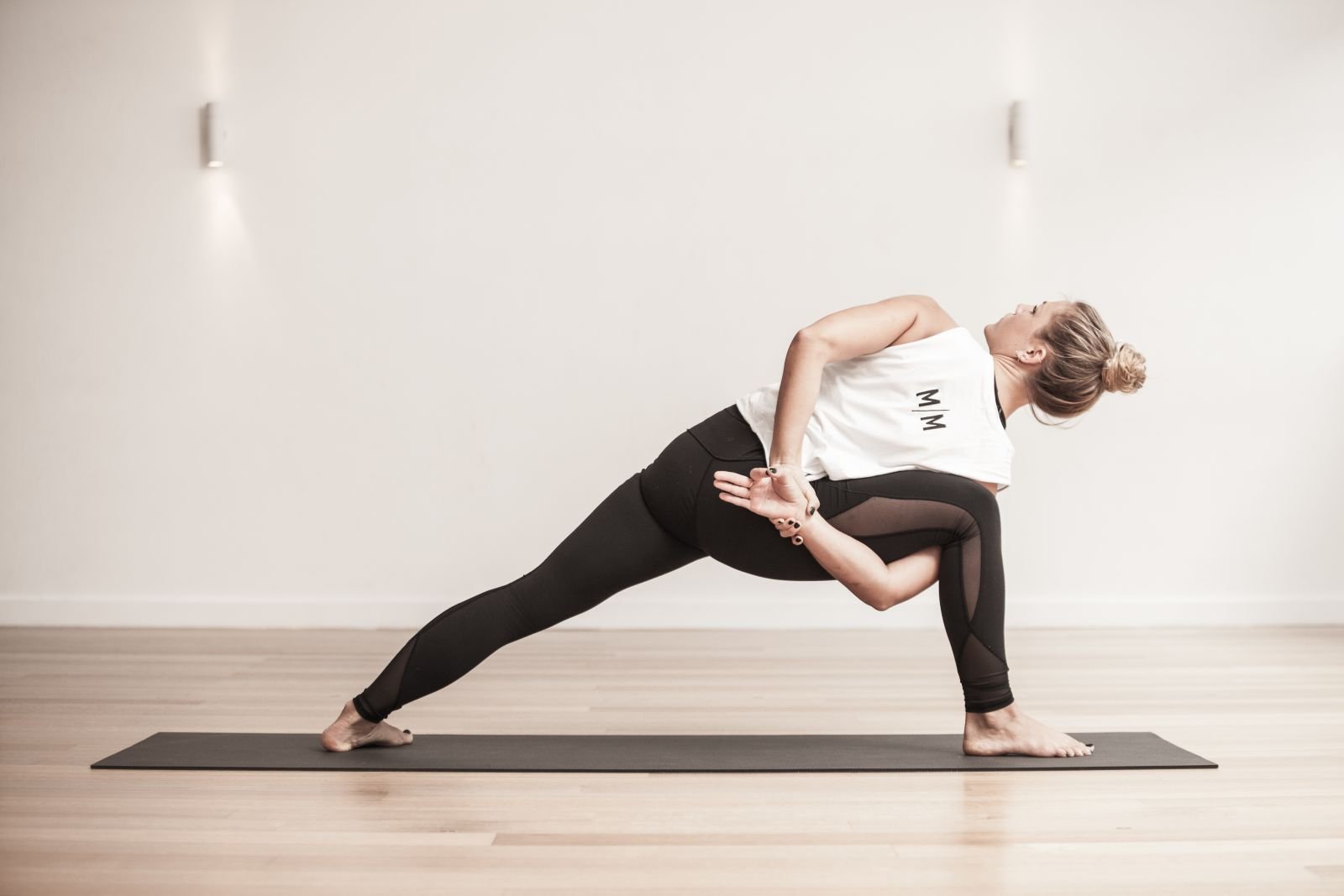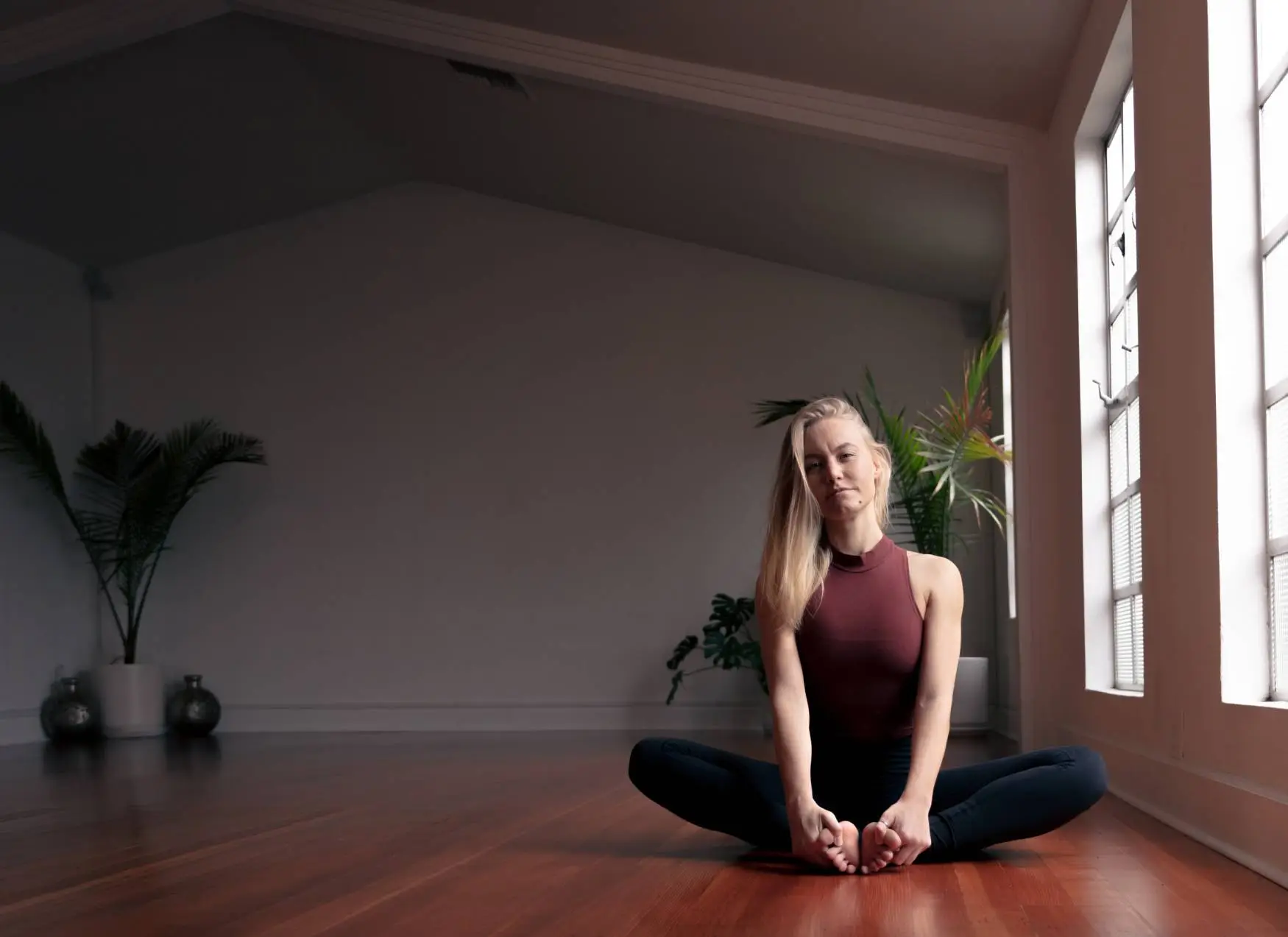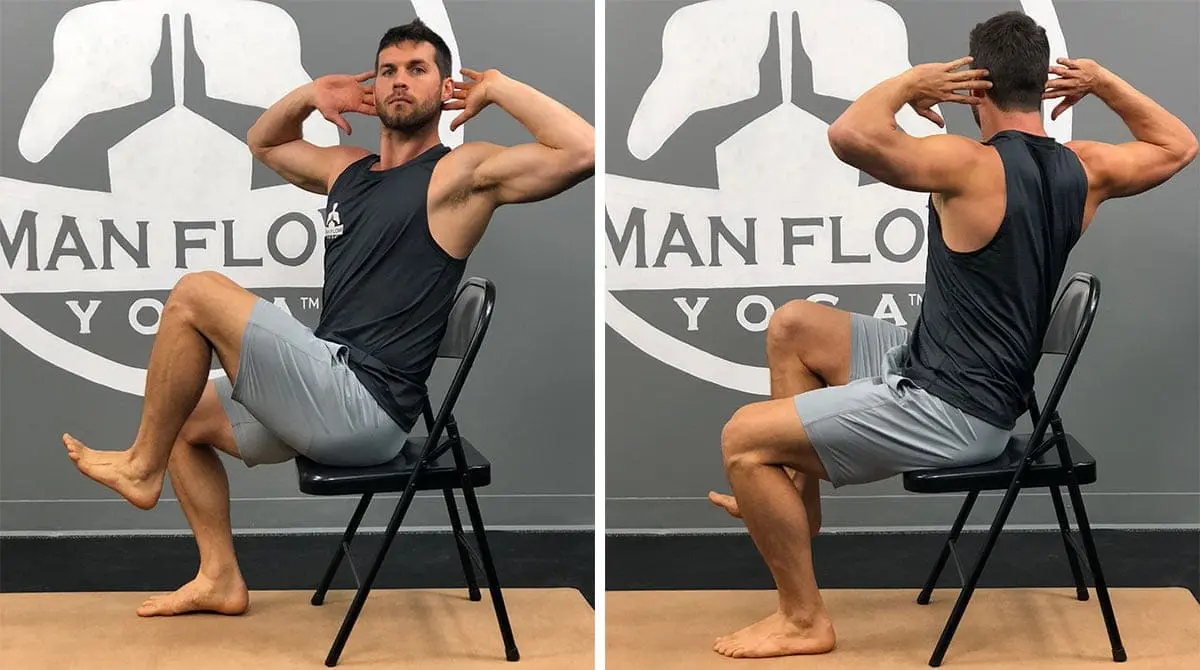What I’ve Learned Since My Years Feeling Stuck and Unlovable
This writing is in memory of my father, who—without knowing it—helped make me the man I am today.
When I was a young boy, my father seemed bigger than life, like most fathers seem to young sons. I looked at him in the same way that I imagine my son Jeremiah looked at me at that age—like a superhero, a towering giant who could fix anything, do anything, and make anything seem better than it was. We see what we want to see, until we don’t.
Life took him away from me very early in my life, so we never got to have the kinds of deep conversations that my son and I have had. We never shared a beer together. We never ran a half marathon together, never traveled the world together, never went camping, never attended baseball or football games together. My memories of him are very few, but I have one that will never fade.
I was about seven years old, and we were returning home from somewhere. We were laughing when he pulled into the driveway. He was good at making me laugh.
As we got out, and I looked at him over the roof of the car, all I could see was his head. My superhero dad seemed so small, with only a head and no body. As I chuckled, I slammed the car door shut with my thumb still in the door. Screaming at the top of my lungs, crying for him to fix it, I stood frozen, unable to move. What he did next remains forever etched in my mind.
Calmly and gently, but firmly, my father said, “JOSEPH—OPEN THE DOOR.”
At that point in my seven-year life, I had fallen, bumped, smashed, crashed, and broken quite a few objects and body parts. On those occasions when I’d hurt myself, I’d had seen the alarm in his eyes, sometimes panic. This time it was different. His eyes were still, quiet, and wise, as if he knew that he was passing down an important lesson, from a father to his son.
Life guarantees that things will go wrong and we’ll get hurt. Sometimes in those moments, we freeze or panic. The lesson that my father taught me is, when those things happen, get calm, breathe—and OPEN THE DOOR.
My dad reminded me that I have the knowledge, the ability, and the strength to handle the situation. So, I did, I opened the door and I was free.
Thanks, Dad.
But, despite his lesson, I wasn’t always free. For much of my life, I was painfully stuck.
I was conceived by two people who loved each other enough to deliver my brother and me into the world and create a family. Out of his sons, I was my father’s favorite. As it turned out, he and my mother discovered that they weren’t right for each other and chose separate paths. It’s a very familiar story.
Some in my family have suggested that my father was not equipped, not in the state of mind to be the best example for me. I’ll never know. He took the divorce very hard and was not allowed to see us after they separated. My last memories of him were watching him sit in his car crying outside of our house. Without my father, I felt alone.
We moved every year. My mother struggled to raise two boys in Los Angeles, California, on a secretary’s salary. Most landlords wouldn’t allow us to renew the lease, since most months we were late with rent. My brother and I never knew about that—her way of protecting us.
Being the new kid meant you were bullied—unless the other kids thought you were crazy, in which case, they’d leave you alone. I learned early on to pick a fight with the biggest kid on the playground on the first day of school, even if I’d get pulverized, which was the case a fair amount of the time.
I ran away from home a few times. I thought, If I could just find my dad then everything would be alright. I hadn’t yet been told that he was dead.
The cause listed on his death certificate I would later find was suicide.
Alcohol and sleeping pills were apparently somewhat common during that era. I found out three years after he died, when I was in ninth grade—again, my mother’s way of protecting us.
Although I was a decent student—passing my freshman year with a B+ average—I didn’t feel good enough, ever. When I was fifteen, my mother dropped me off at the local police station. From there, I was sent to juvenile hall and sent to live at a boy’s home for troubled youth, called, at the time, The Pacific Lodge Boys Home.
Woodland Hills, California was a strange place for a boy’s home. We attended the local public high school, for some sense of normal life. That worked in theory, but kids can be very cruel. We were referred to as “the Lodge Boys” by the other kids and reminded daily that we were not “normal” kids.
Friends were hard to come by, unless they were from the Lodge. So, most of us just hung out with each other; it created a bond between us. If someone from school messed with a Lodge Boy—and they usually did—we all came running. We called ourselves The Band of Wayward Brothers.
The daily schedule at the Lodge was designed around individual counseling and occasional family group counseling sessions, with the eventual goal of reuniting each boy into his family unit. I knew I’d never be allowed to return home, that I’d live at the Lodge until I turned eighteen, alone, with no family, no tribe, and no one to belong to—a throw-away child no one wanted.
One minute you belonged to something—be it healthy or dysfunctional, it’s your tribe, your family—and the next minute, it’s taken away. You’re suddenly, unexpectedly, bewilderedly alone. After losing my dad as a child, I felt alone. Now I truly was lost.
The multiple-dorm residential facility had several counselors who worked and slept there during their shifts. One of my counselors, Cane, was a social worker. He was a warm, laid-back surfer guy, and was always nice.
Cane seemed to genuinely care and never judged us. I was horrible to him. Most of us were. We were a group of angry, hurt boys who felt alone in the world, deposited in a home for troubled youth.
Out of the hundred or so kids at the Lodge that Christmas, only two of us were not welcomed to be with our family for the holiday. My friend Patrick and I wouldn’t be going home, which meant that our counselor Cane, whose shift was that night, had to stay at the dorm with just the two of us, instead being of home for Christmas with his family.
Little did we know, Cane had asked, and was granted permission, to take Patrick and me off campus for Christmas. We didn’t know what we were getting into, but it was better than being at the Lodge.
Cane picked us up on Christmas Eve, and off we went on what he called “Cane’s Christmas Present Run,” visiting friends of his to exchange presents and holiday wishes. Not once did any one of them make us feel awkward for being there, even though they knew where we were from.
The day ended at his mother’s house with a homemade Christmas dinner and all the fixings. It was a real family meal with lots of food and lots of people, none of whom made either of us feel left out or unwelcome.
Cane and his mother gave presents to Patrick and me—no ugly sweaters or generic or cheap items; genuine gifts they put thought into selecting just for us. I had never known that kind of generosity. I didn’t understand it. I’ll never forget that day for as long as I live.
When he brought us back the next day, I asked him why he was being so nice to me. He said, “My job, Joe, is to love you enough, until the day comes when you are able to love yourself that much.”
I have never forgotten his words, though I did not know what they meant at that time. Children tend to blame themselves when they’re abandoned, studies have found. The overwhelming feelings of not being worth loving and not having enough value to another can, and do, severely affect a child’s sense of worth and self.
My life changed that day. That day Cane planted a tiny seed in the back of my mind that maybe, just maybe, I was lovable. That maybe, if I loved myself enough first, someone would love the man I had grown into.
And there was my father’s lesson again: I just had to open the door and let love in, from others and myself.
I have had my ups and my downs.
I’ve been homeless to homeowner. Not an easy task in California.
Unemployable to a nationally recognized business owner.
Poor and broke, to not having to worry about being evicted.
A fifteen-year-old throwaway child to a sitting board member of the San Diego Center for Children I affectionately call The Pacific Lodge Boys Home South.
A lost boy, to world traveler, knowing now that not all those who wander are lost.
To the next generation of Wayward Brothers and Sisters, or anybody who feels lost or stuck, here is what I have learned along the way. I hope it helps you.
1. Good people make bad decisions; that doesn’t make them bad people, it just makes it a bad decision.
2. Forgive easily and often, others and especially yourself. I enjoy an amazing relationship with my mother today. Refer to rule number 1.
3. You are not broken, and therefore do not need “fixing.” You are perfect, just the way you are. Just as Cane pointed out, I was worth loving. And so are you!
4. Life rewards the brave, so be brave. Take a chance, on yourself and others. It would have been extremely easy to sink into a hole and let my life go sideways and blame others for it. Bravery is choosing not to be a victim of your circumstances and instead, proactively create your life.
5. Love yourself first with all your heart and be your own best friend. Those around you will benefit.
6. Just because someone says it, doesn’t mean it’s true. They have the right to an opinion, but you also have the right to choose to not believe it. Life told me I was unlovable. Cane proved them wrong.
7. Happiness is a choice, not a place, thing, moment, or a person. Only you can make you happy.
8. Everything happens for a reason, so figure out why. There are no mistakes in life, only lessons.
9. Lastly, and most importantly, OPEN THE DOOR AND SET YOURSELF FREE!
About Joseph
Once an abandoned, homeless, substance-abusive teen dropout, Joseph Binning has since shed his limiting beliefs about himself, love, and success and risen to become a self-made visionary. At a workshop in 2016, as he whispered into the ears of the attendees the two words his heart had forever yearned to hear, he suddenly knew his life purpose—which he explores in his soon-to-be-released book You Matter, Even If You Don’t Think So.






